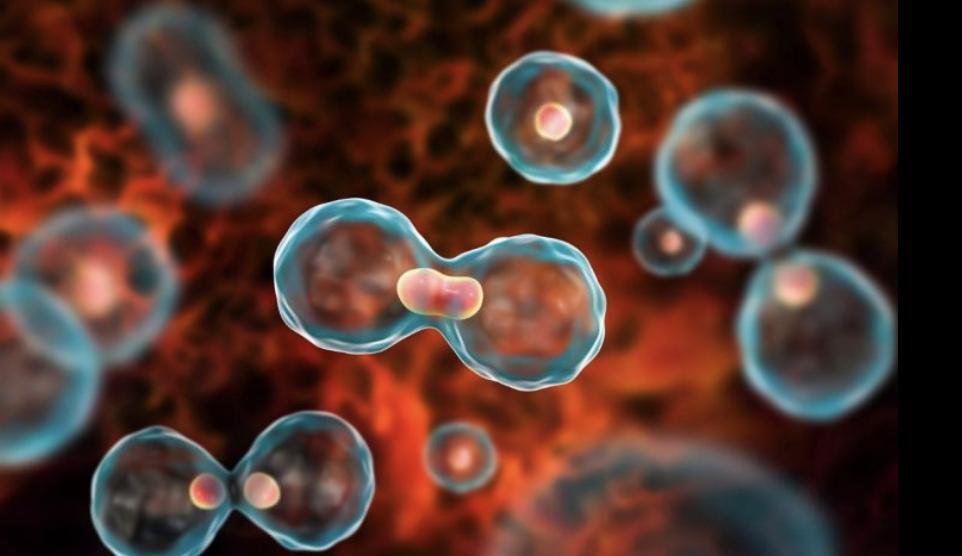
Cells Can Revive from ‘Brink of Death’: Study
In a groundbreaking discovery, scientists at the CSIR-Centre for Cellular and Molecular Biology (CCMB) have made a significant breakthrough in the field of cellular biology. They have identified a process called “Programmed Cell Revival” that enables cells to revive from the “brink of death”. This revolutionary discovery has the potential to transform the way we approach medicine and could lead to the development of new treatments for a range of diseases.
Programmed Cell Revival is a highly programmed process that mimics developmental growth and has been shown to speed up skin wound healing and repair corneal burns in mice. The study, published in the journal Nature, demonstrates the ability of cells to revive and regenerate even when they are on the verge of death.
The researchers used a combination of genetic and biochemical techniques to induce cell revival in the mice. They found that the revived cells were able to proliferate and differentiate normally, and that the process was highly efficient and specific.
The implications of this discovery are far-reaching and could have significant consequences for the treatment of a range of diseases. For example, it could potentially be used to regenerate damaged tissues and organs, such as skin, bone, and liver. It could also be used to improve wound healing and reduce the risk of infection.
However, the study also warned that this could make cancer treatment harder since some “dead” cancer cells could come back. This raises the possibility that some cancer treatments could actually stimulate the growth of new cancer cells, rather than killing them.
The researchers are now working to understand the underlying mechanisms of programmed cell revival and to develop new therapies that can harness this process. They are also exploring the potential applications of this discovery in the treatment of a range of diseases, including cancer, diabetes, and heart disease.
The study was led by Dr. Yogesh Singh, a researcher at the CCMB, who said that the discovery of programmed cell revival was a major breakthrough. “This is a significant finding that could have a major impact on our understanding of cell biology and disease,” he said. “We are excited to explore the potential applications of this discovery and to develop new therapies that can harness this process.”
The study was funded by the Department of Biotechnology, Government of India, and the Wellcome Trust/DBT India Alliance.
In conclusion, the discovery of programmed cell revival is a major breakthrough that could have significant implications for the treatment of a range of diseases. While it is still early days for this research, the potential applications are vast and exciting. As scientists continue to explore the underlying mechanisms of this process, we can expect to see new treatments and therapies emerge that could transform the way we approach medicine.






